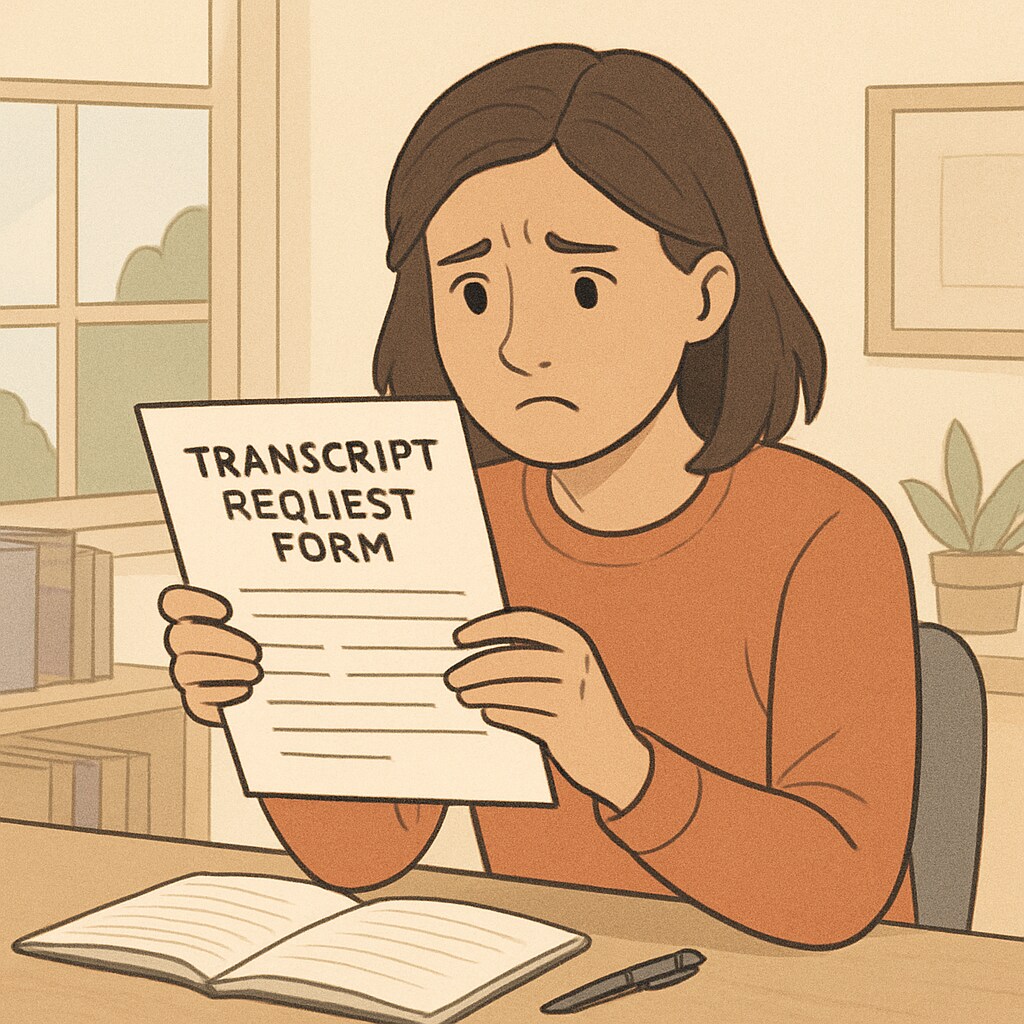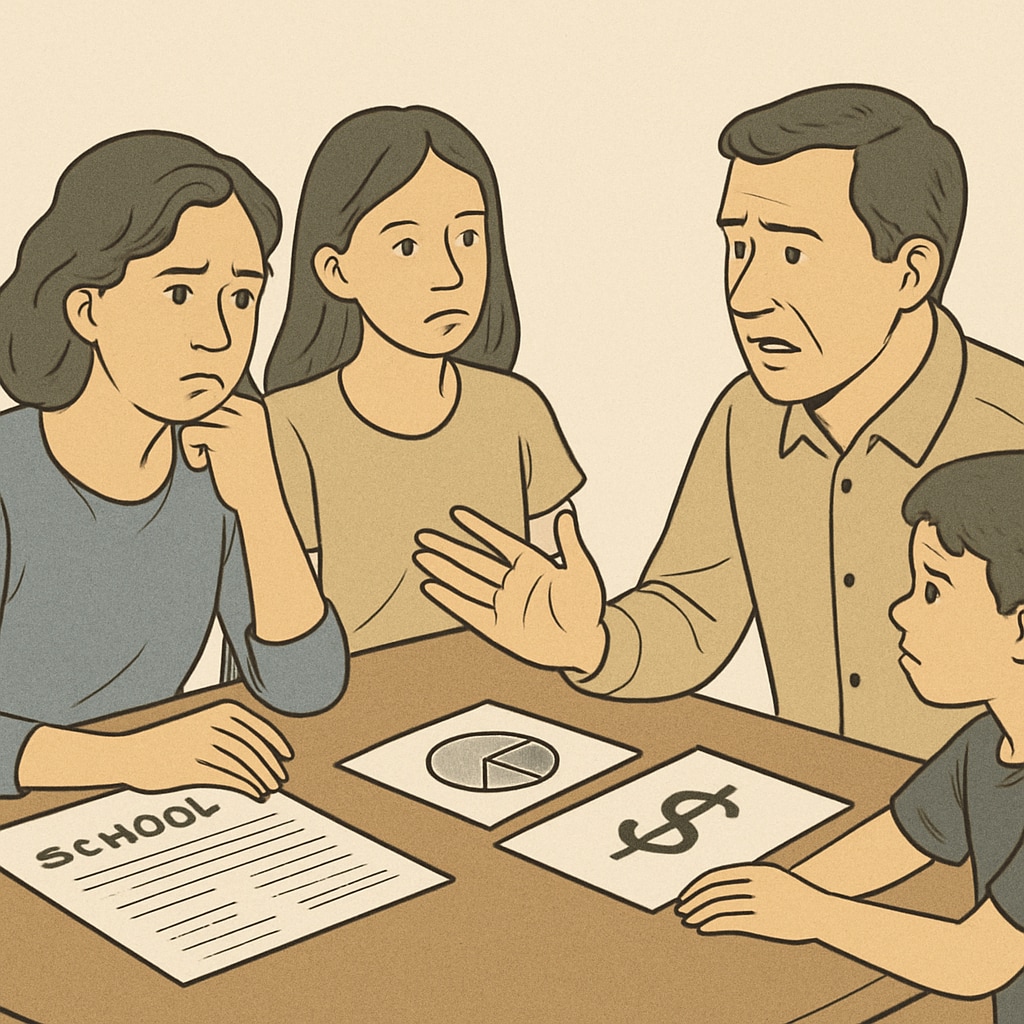Obtaining a transcript when unpaid school fees remain can be a challenging scenario for students and families. This issue becomes particularly critical when transcripts are required for applications, such as PRC exams, college admissions, or job opportunities. Balancing the rights of educational institutions to collect fees with the developmental needs of students is a complex dilemma. In this article, we examine the policies surrounding transcript access under unpaid school fees, discuss the implications for students and families, and propose practical solutions to navigate these challenges.
Understanding the Policies on Transcript Access
Most educational institutions have policies that restrict access to official transcripts when there are unpaid balances. These measures are often justified as a way to ensure fee collection, as schools rely on tuition payments to maintain operations. However, withholding transcripts can create significant barriers for students, especially when they need them to pursue further education or professional opportunities.

For example, students applying for PRC exams (Professional Regulation Commission) in some countries might face difficulties if they cannot provide their academic transcripts due to unpaid fees. This raises questions about the equity of these policies and whether they disproportionately affect students from low-income families.
The Impact on Students and Families
Withholding transcripts can have long-term consequences for students. Without access to their academic records, they may miss critical deadlines for applications, lose job opportunities, or face delays in their career progression. Families often experience additional stress as they navigate these hurdles while attempting to resolve financial obligations.
Several studies highlight the broader impact of such policies on educational access and social mobility. For example, research shows that students from economically disadvantaged backgrounds are more likely to face challenges in paying tuition fees, which compounds the issue of transcript accessibility.

Possible Solutions: Striking a Balance
Educational institutions and families can work together to find solutions that uphold financial accountability while supporting student development. Some practical approaches include:
- Flexible Payment Plans: Schools can offer installment payment options to ease the financial burden on families.
- Conditional Transcript Release: Institutions might consider releasing unofficial transcripts for urgent applications, with agreements for future fee payments.
- Scholarship and Aid Programs: Expanding financial aid opportunities can reduce the prevalence of unpaid balances and improve accessibility.
- Mediation Services: Third-party organizations can facilitate discussions between schools and families to resolve disputes amicably.
These solutions can help create a more equitable system, ensuring that students have access to critical resources like transcripts while schools maintain their financial stability.
Key Takeaways for Families
If you are facing issues with transcript access due to unpaid school fees, consider the following steps:
- Communicate with the Institution: Reach out to your school’s administration to discuss payment options and possible accommodations.
- Seek Financial Assistance: Explore scholarships, grants, or community resources that may help cover outstanding balances.
- Understand Your Rights: Research local laws and policies regarding transcript access to ensure fair treatment.
- Plan Ahead: If you anticipate future financial challenges, proactively discuss payment plans with the institution.
By taking these steps, families can navigate the challenges of unpaid school fees while ensuring their children’s educational and professional opportunities are not hindered.
Conclusion: Balancing institutional rights with student development is a complex but essential task. Transparent communication, flexible policies, and proactive solutions can help address the challenges of transcript access under unpaid fees, fostering a system that supports both educational institutions and students.


